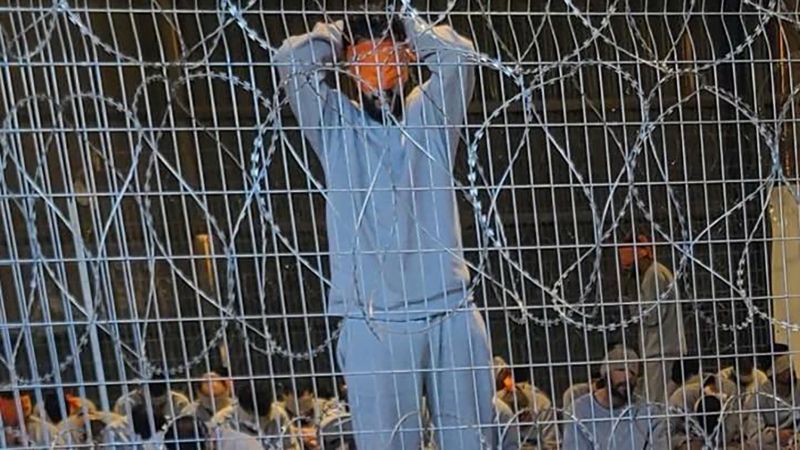
Israel Bids Farewell to Desert Detention Camps in Response to CNN Exposé on Abuses
The recent developments in Israel regarding the phasing out of the Holot detention camp in the Negev desert mark a significant shift in the country’s approach to immigration and asylum policies. This decision comes in the wake of a detailed investigation conducted by CNN, which shed light on the serious abuses and violations taking place within the camp.
The Holot detention camp, which was established in 2013 as part of Israel’s approach to dealing with African asylum seekers and migrants, has long been a point of contention and criticism from human rights organizations. The camp was designed to house individuals who entered the country illegally or whose asylum claims were rejected, providing them with a place to live while their cases were being processed.
However, over the years, reports of overcrowding, inadequate living conditions, and violations of basic human rights within the camp have surfaced, painting a grim picture of the situation faced by those detained in Holot. The CNN investigation further exposed the harsh realities faced by the residents of the camp, including instances of physical abuse, lack of proper medical care, and restricted access to essential services.
The decision to phase out the use of the Holot detention camp signals a recognition on the part of the Israeli government that the current system is unsustainable and in need of reform. As the country grapples with issues surrounding immigration and asylum, it is crucial to address these challenges in a humane and lawful manner, ensuring that the rights and dignity of all individuals are respected.
Moving forward, it will be imperative for Israel to implement alternative solutions that uphold international human rights standards and provide a more viable and just mechanism for dealing with asylum seekers and migrants. This could include improving the asylum process, enhancing integration programs, and fostering dialogue and cooperation with relevant stakeholders, both domestically and internationally.
Ultimately, the phasing out of the Holot detention camp represents a step in the right direction towards a more compassionate and rights-based approach to immigration and asylum issues in Israel. By acknowledging the failures of the existing system and committing to meaningful change, the country can work towards creating a more just and inclusive society for all.
